This article was co-authored by Ni-Cheng Liang, MD and by wikiHow staff writer, Hannah Madden. Dr. Ni-Cheng Liang is a board certified Pulmonologist and the Director of Pulmonary Integrative Medicine at Coastal Pulmonary Associates affiliated with the Scripps Health Network in San Diego, California. She also serves as a Voluntary Assistant Professor of Medicine at the University of California San Diego School of Medicine while volunteering for the UCSD Medical Student-Run Free Clinic for uninsured patients. With over 15 years of experience, Dr. Liang specializes in pulmonary and respiratory medical concerns, mindfulness teaching, physician wellness, and integrative medicine. Dr. Liang received her Doctor of Medicine (MD) from the University of Maryland School of Medicine. Dr. Liang was voted as a San Diego Top Doctor in 2017 and 2019. She was also awarded the 2019 American Lung Association San Diego Lung Health Provider of the Year.
There are 11 references cited in this article, which can be found at the bottom of the page.
This article has been viewed 14,187 times.
As the COVID-19 vaccine gets distributed, more and more people are eligible to get an appointment. While there isn’t much you need to do before your dose, there are a few ways you can prepare for a smooth, easy experience with minimal side effects. Make sure you wear a mask and continue to social distance even after you’ve been vaccinated to keep yourself and others safe.
Steps
Warnings
- If you get a COVID-19 vaccine and experience a severe allergic reaction, call emergency services right away.[13]⧼thumbs_response⧽
- If you are allergic to any of the ingredients in either COVID-19 vaccine, do not get vaccinated.[14]⧼thumbs_response⧽
References
- ↑ https://www.cdc.gov/coronavirus/2019-ncov/vaccines/expect.html
- ↑ https://www.mass.gov/guides/how-to-prepare-for-your-covid-19-vaccine-appointment
- ↑ https://www.cdc.gov/coronavirus/2019-ncov/vaccines/faq.html
- ↑ https://www.health.harvard.edu/diseases-and-conditions/preventing-the-spread-of-the-coronavirus
- ↑ https://www.cdc.gov/vaccines/covid-19/info-by-product/clinical-considerations.html
- ↑ https://eua.modernatx.com/covid19vaccine-eua/recipients/what-to-expect.pdf?
- ↑ https://www.mass.gov/guides/how-to-prepare-for-your-covid-19-vaccine-appointment
- ↑ https://www.cdc.gov/coronavirus/2019-ncov/downloads/vaccines/facts-covid-vaccines-english-508.pdf
- ↑ https://www.cdc.gov/coronavirus/2019-ncov/vaccines/expect/after.html
- ↑ https://eua.modernatx.com/covid19vaccine-eua/recipients/what-to-expect.pdf?
- ↑ https://www.pfizer.com/news/hot-topics/the_facts_about_pfizer_and_biontech_s_covid_19_vaccine
- ↑ https://www.astho.org/COVID-19/Pfizer-Moderna-Vaccine-Comparison/
- ↑ https://www.cdc.gov/coronavirus/2019-ncov/vaccines/faq.html
- ↑ https://yalehealth.yale.edu/yale-covid-19-vaccine-program/who-should-and-shouldnt-get-covid-19-vaccine
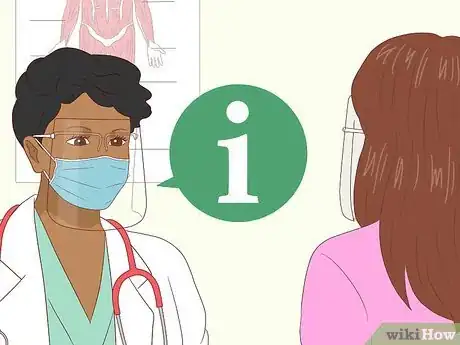

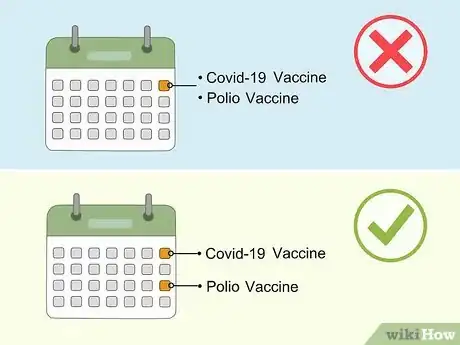
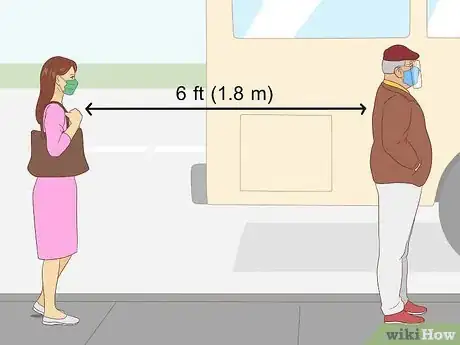

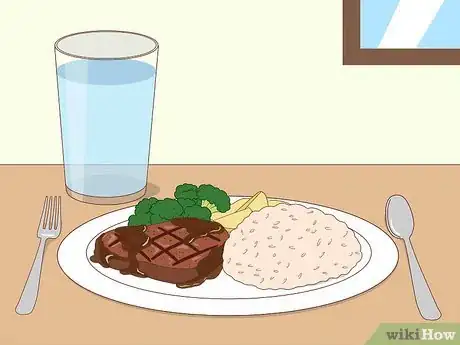
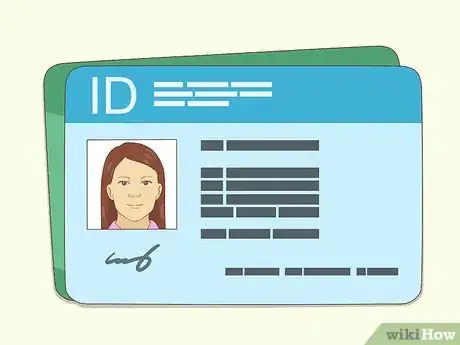

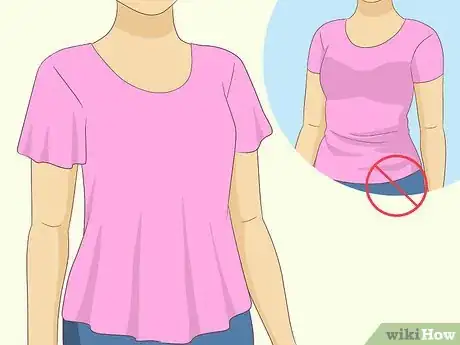


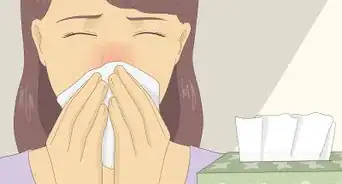
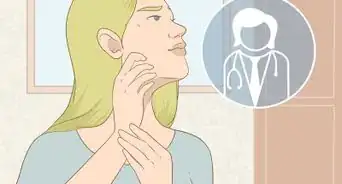
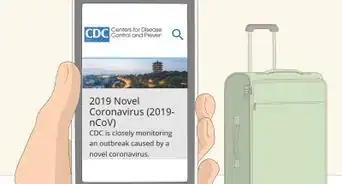

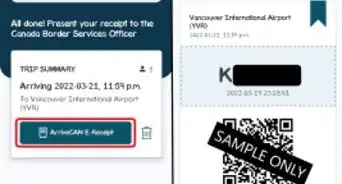



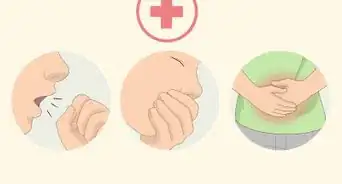

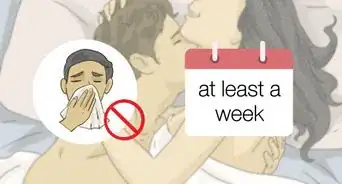










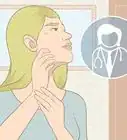
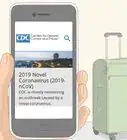



































Medical Disclaimer
The content of this article is not intended to be a substitute for professional medical advice, examination, diagnosis, or treatment. You should always contact your doctor or other qualified healthcare professional before starting, changing, or stopping any kind of health treatment.
Read More...